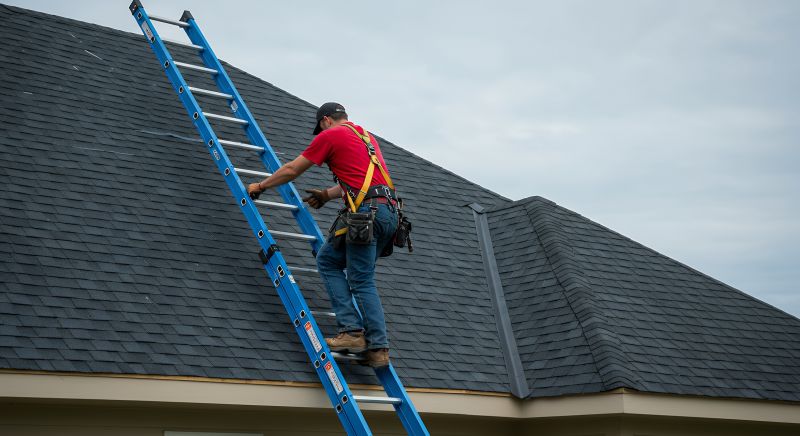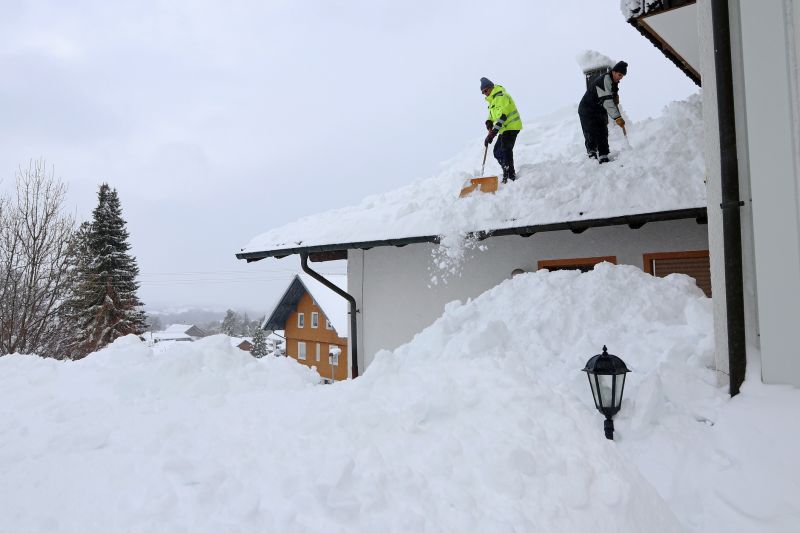Optimal Seasons for Roofing Services
Roofing services are most effectively performed during specific times of the year to ensure optimal results and safety. Understanding the seasonal conditions can help determine the best time for scheduling roofing projects.
Spring offers mild temperatures and longer daylight hours, making it suitable for roofing work. The moderate weather reduces the risk of delays caused by extreme cold or heat.
Summer provides warm weather and stable conditions, but high temperatures can affect roofing materials and worker safety. Early summer months are preferred for roofing projects.
Fall features cooler temperatures and less rain, ideal for roofing. Scheduling in early fall allows completion before winter weather sets in.
Winter is generally the least suitable time due to cold temperatures, snow, and ice, which can hinder roofing work and compromise material integrity.

Spring is a popular time for roofing due to favorable weather conditions.

Summer offers warm weather, but scheduling should avoid peak heat hours.

Early fall provides ideal conditions for roofing before winter arrives.

Ways to make Roofing Service work in tight or awkward layouts.
| Season | Optimal Conditions |
|---|---|
| Spring | Mild temperatures, longer days, minimal rain |
| Summer | Warm weather, longer daylight, high temperatures |
| Fall | Cooler temperatures, less rain, stable weather |
| Winter | Cold temperatures, snow, ice, and limited work days |
Roofing services involve replacing, repairing, or maintaining roof structures to ensure durability and protection. Proper timing can extend the lifespan of roofing materials and prevent costly damages. Seasonal weather impacts the quality and safety of roofing work, making it essential to choose the right time for scheduling projects.
Statistics indicate that most roofing projects are completed during spring and fall, accounting for over 70 percent of annual work. This trend is driven by favorable weather conditions that allow for efficient and safe installation or repairs. Proper planning around seasonal patterns can improve project outcomes and reduce delays.

Spring's moderate weather supports effective roofing work.

Summer offers warm conditions, ideal for certain projects.

Fall provides cooler weather conducive to roofing.

Winter's cold and snow hinder roofing activities.
Interested in scheduling roofing services? Filling out the contact form can help determine the best timing based on local weather patterns and project scope. Proper timing ensures quality results and long-term durability of the roof.
